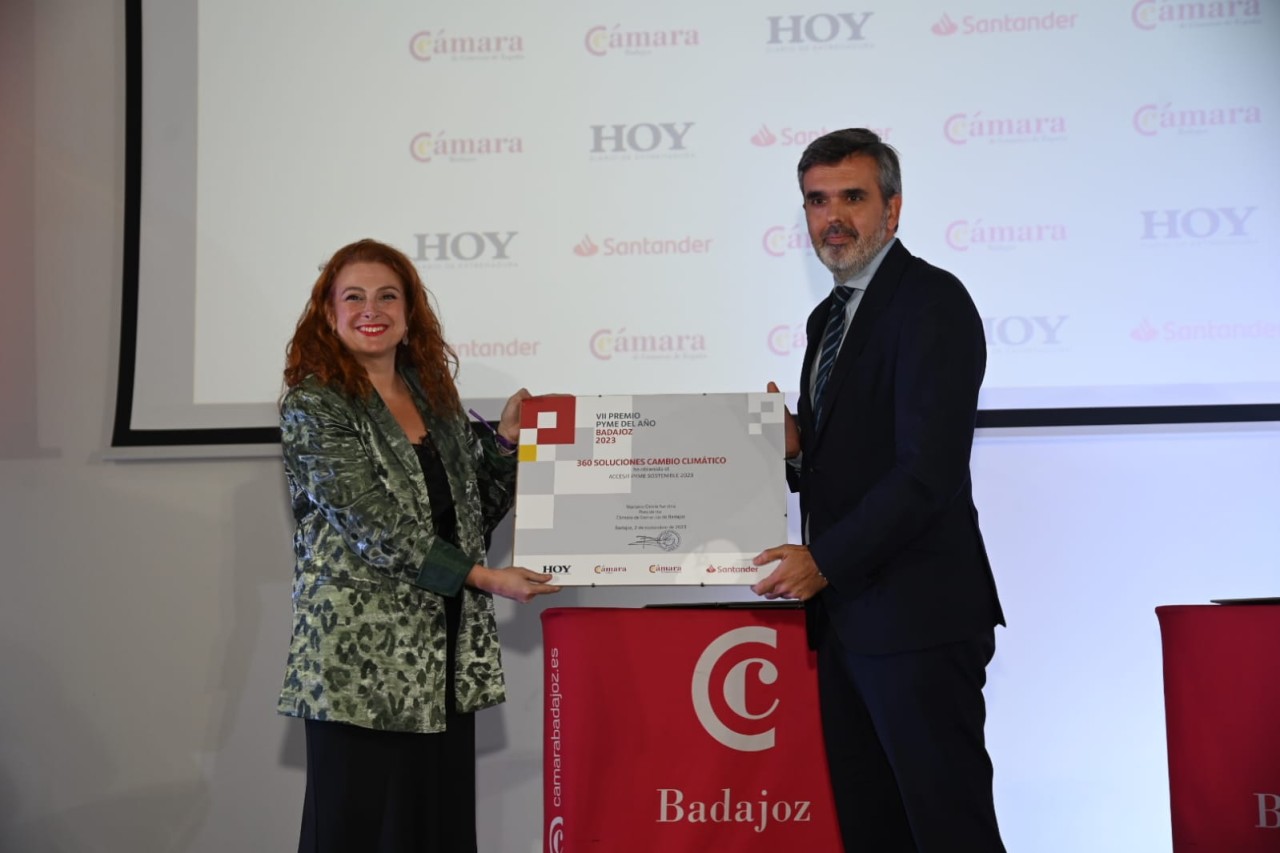
Semilla y Grano has committed to reducing its carbon footprint by 83.9% compared to the value obtained in 2018, A total of 1,123.5 kg of CO2 will be the reductions expected in 2023.
Within the framework of the DEGREN Project (acronym of "Center for Transfer of Business Innovation in Ecodesign at EUROACE) and thanks to the support of FUNDECYT-PCTEX, from 360 Soluciones Cambio Climático we have calculated the carbon footprint of scope 1 and 2 and we have elaborated a plan of emissions reduction for the company Semilla y Grano in Badajoz, and with great enthusiasm on February 10th we received his certificate of registration in the voluntary Register and the right to use the carbon footprint seal, compensation and absorption projects of the Ministry of Ecological Transition and the Demographic Challenge.
This certificate and seal reflects the company’s effort in calculating and reducing greenhouse gas emissions. The company Semilla y Grano deals with the sale of food products in bulk, supporting local sales, which leads to the reduction of the use of packaging. It is characterized by having seasonal, ecological products and care and protection to the environment throughout the production and transport process. In the proposed improvement plan, the company has committed to reducing its carbon footprint by 83.9% compared to the value obtained in 2018. A total of 1,123.5 kg of CO2 will be the expected reductions in 2023.
To achieve this, the company will implement measures such as promoting more environmentally friendly modes of transport such as cycling and managing routes more efficiently so as to reduce the number of kilometres travelled, contract the origin of electricity from renewable energy sources and control the cooling process in their trade.
The advantages of carrying out carbon footprint calculations are many, among them identifying opportunities for reducing GHG emissions from which economic savings will be obtained, being part of national voluntary schemes improving the positioning of the company, obtaining external recognition for early voluntary actions to reduce emissions, attract customers sensitive to climate change and the environment, etc.




